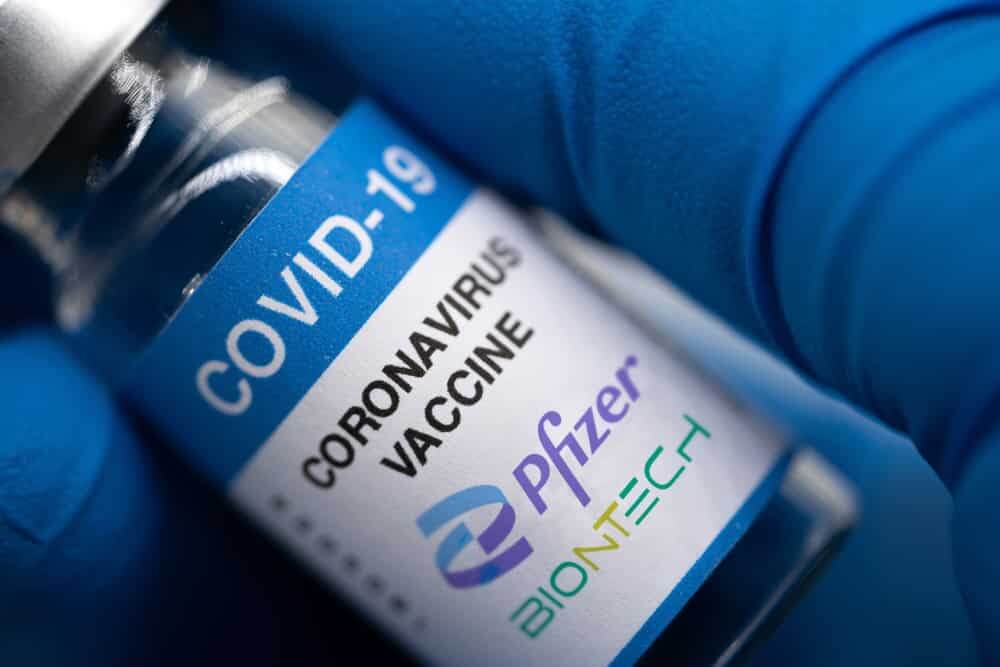
Moderna vs Pfizer: which is more effective
Federal health officials said after they authorized coronavirus vaccines that these vaccines were equally efficient. However, this idea turned out not to be true.
Experts compared the Pfizer vaccine with Moderna’s vaccine in the United States. All studies published during the past several weeks show that Moderna’s vaccine seemed more effective than Pfizer after immunization.
On Wednesday, the New England Journal of Medicine published the latest study that evaluated the effectiveness of vaccines. They tested the vaccine’s effectiveness in preventing symptomatic illness in about 5,500 health care workers in 26 states. The study discovered that the Pfizer vaccine was 88.9% effective, compared with Moderna’s 96.4% effective rate. If this efficacy gap keeps widening, experts might suggest taking booster shots. This week, Federal agencies discuss the need for a third shot of Pfizer in high-risk groups and older people.
What differences between these vaccines do the studies show?
From the beginning, Scientists who seemed skeptical of the recorded differences between these two vaccines (Moderna and Pfizer) started to be convinced that the difference was slight but accurate.
A biostatistician at Emory University in Atlanta, Natalie Dean, said that they assume that these vaccines function likewise, but the difference is visible at some point. She added that the difference is not huge, but it seems consistent. A virus expert at Weill Cornell Medicine in New York, John Moore, said that a fundamental difference reflects what’s in the two jars, but people should realize how much this difference matters in the actual world now. He added that people who took the Pfizer vaccine should not freak out as if they got a secondary vaccine. The first clinical studies of the three vaccines (Johnson & Johnson, Pfizer, and Moderna) authorized in the United States showed that Pfizer and Moderna vaccines had higher efficacy than the J&J vaccine.


